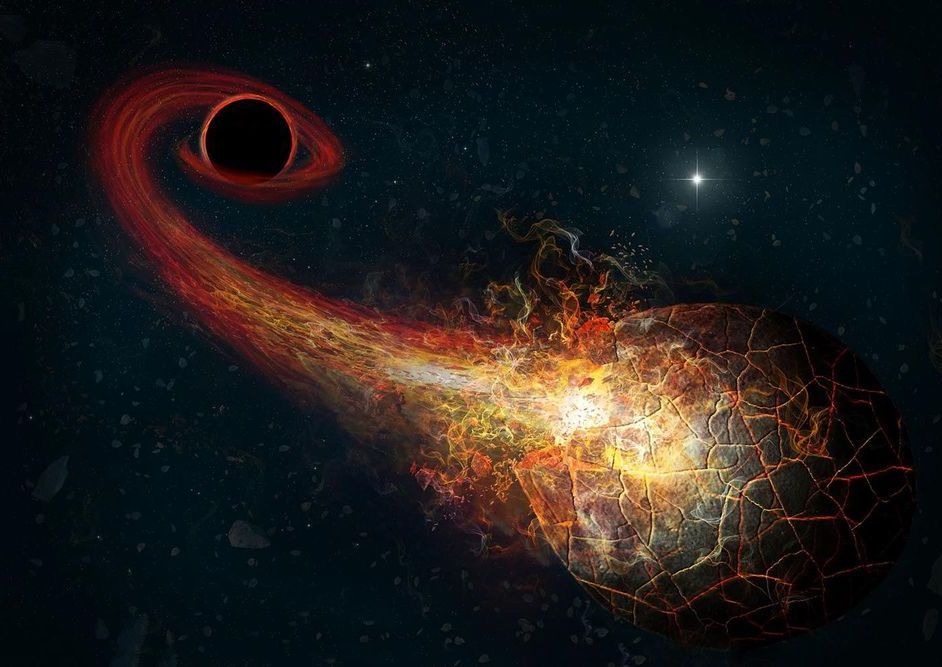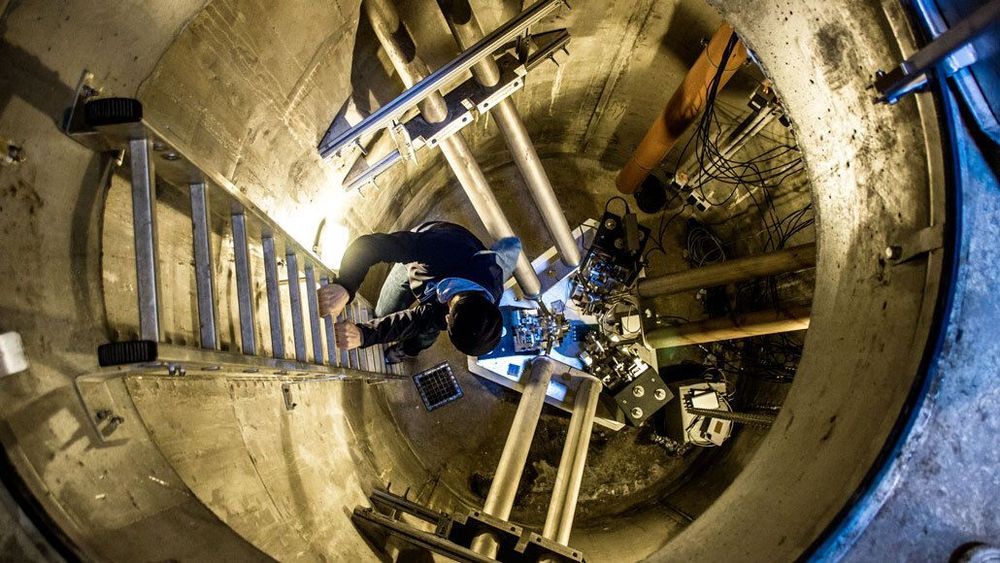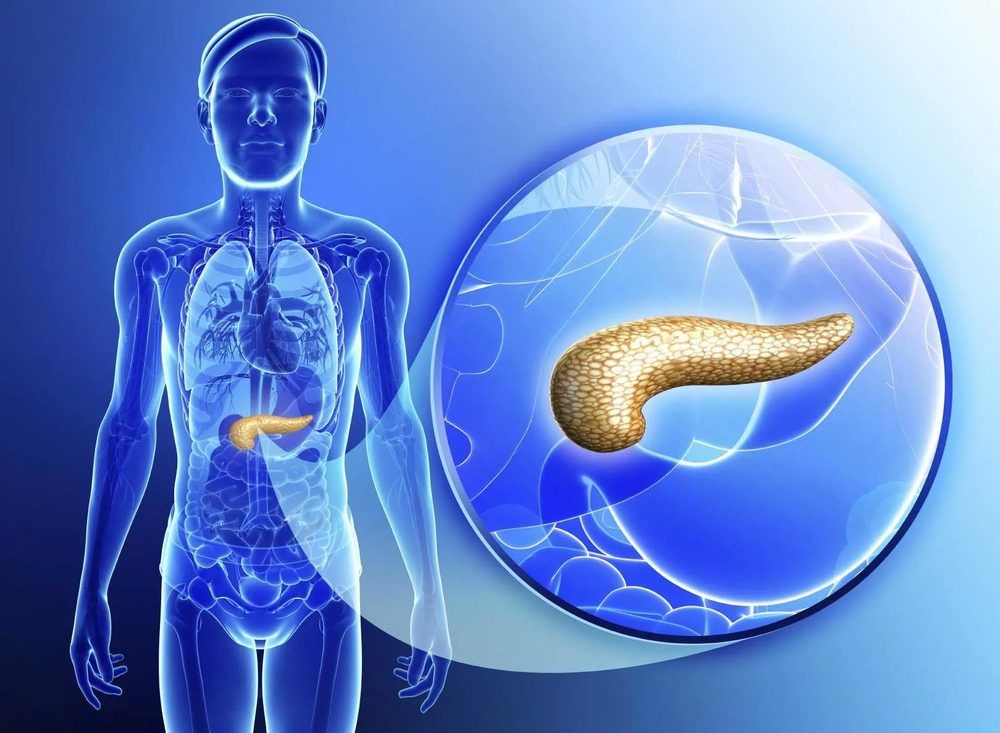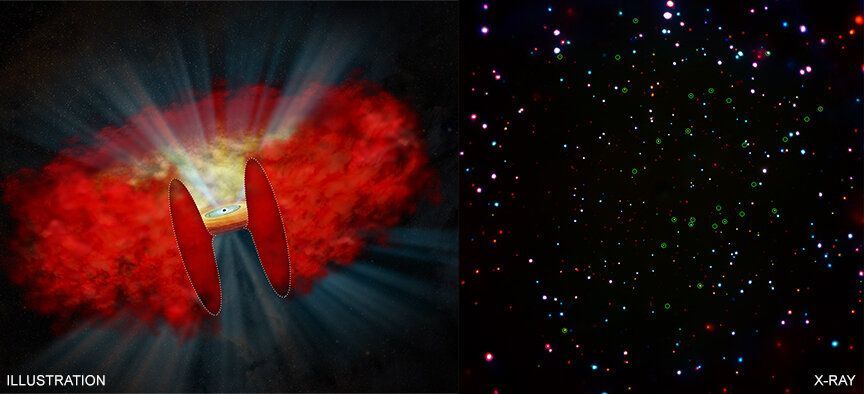Scientists at Harvard University and the Black Hole Initiative (BHI) have developed a new method to find black holes in the outer solar system, and along with it, determine once-and-for-all the true nature of the hypothesized Planet Nine. The paper, accepted to, highlights the ability of the future Legacy Survey of Space and Time (LSST) mission to observe accretion flares, the presence of which could prove or rule out Planet Nine as a black hole.
Dr. Avi Loeb, Frank B. Baird Jr. Professor of Science at Harvard, and Amir Siraj, a Harvard undergraduate student, have developed the new method to search for black holes in the outer solar system, based on flares that result from the disruption of intercepted comets. The study suggests that the LSST has the capability to find black holes by observing for accretion flares resulting from the impact of small Oort cloud objects.
“In the vicinity of a black hole, small bodies that approach it will melt as a result of heating from the background accretion of gas from the interstellar medium onto the black hole,” said Siraj. “Once they melt, the small bodies are subject to tidal disruption by the black hole, followed by accretion from the tidally disrupted body onto the black hole.” Loeb added, “Because black holes are intrinsically dark, the radiation that matter emits on its way to the mouth of the black hole is our only way to illuminate this dark environment.”







